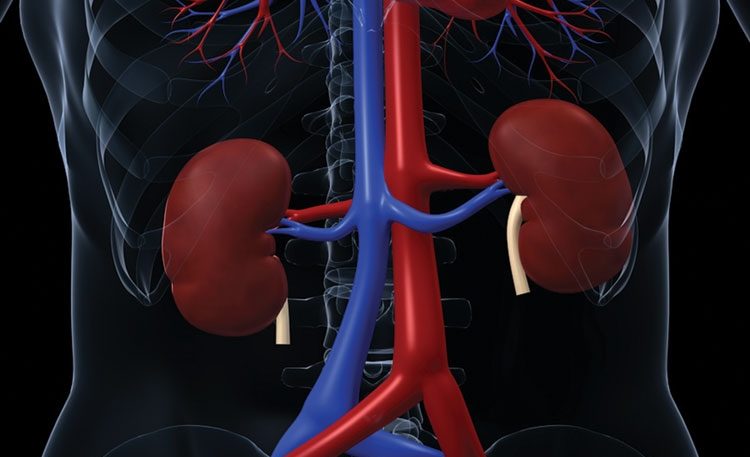Chronic kidney disease (CKD) is now recognised as a significant public health problem and various mechanisms have been put in place to identify people at risk. CKD overlaps with other chronic diseases, including diabetes and hypertension, and should not be managed in isolation. Vascular risk assessments are coming into place for the general population and there are strong links with vascular and kidney disease. CKD is becoming an integral part of chronic disease management.























